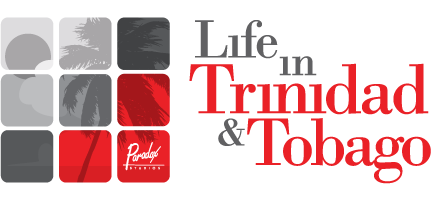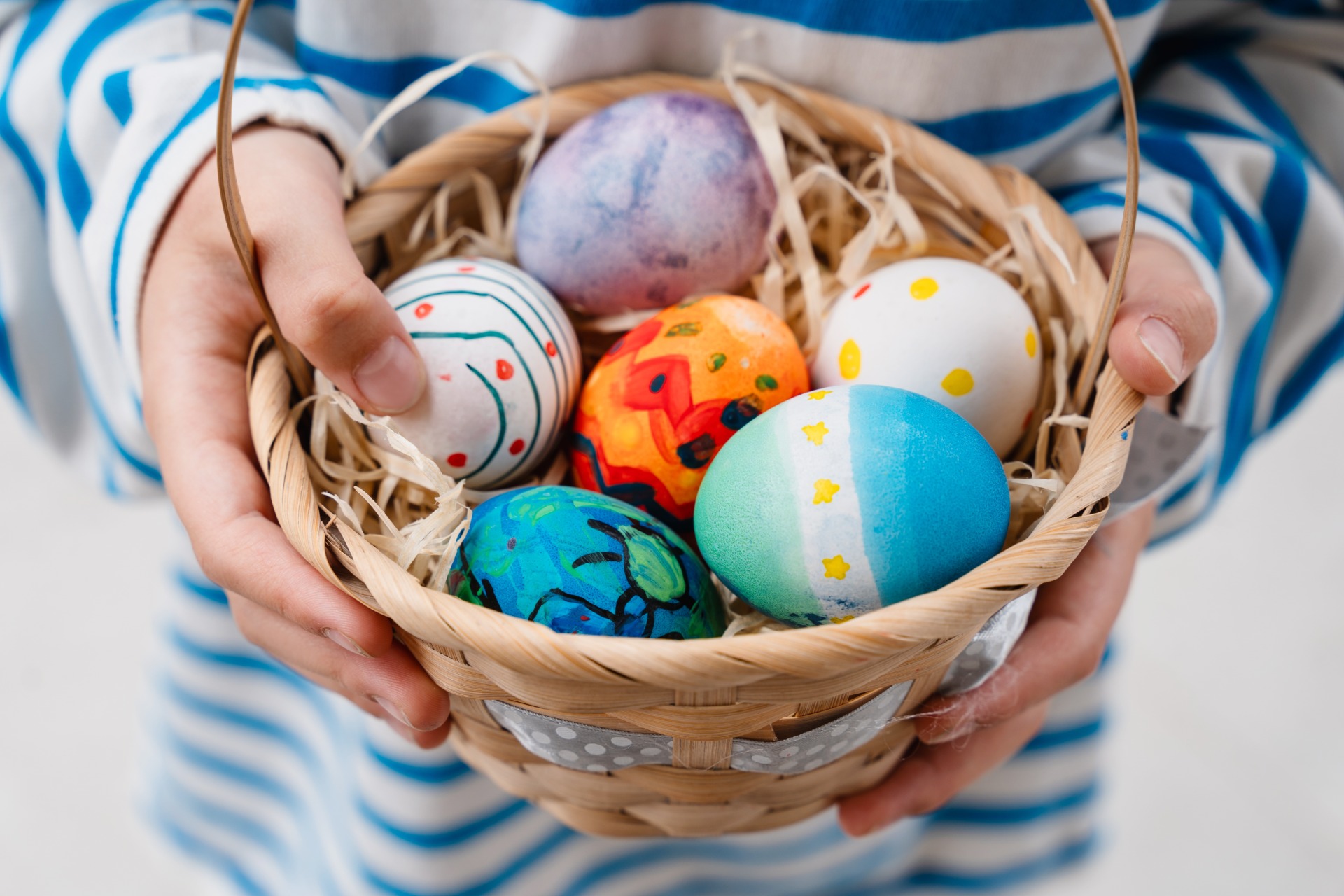In Trinidad and Tobago, the Hindu festival of Phagwa, also known as Holi, is widely observed, especially by members of the Indian diaspora. It is a national holiday in Trinidad and Tobago and is typically observed in March.
The Phagwa/Holi festival has its roots in ancient India, where it was observed as a spring festival. It is thought to have started as a harvest festival that marked the end of winter and the beginning of spring. The festival is linked to the myth of Prahlada, a follower of Lord Vishnu who was delivered from his father Hiranyakashipu’s evil schemes by the god’s intervention.
The Hindu month of Phalguna, which typically falls in February or March, has a full moon day on which Phagwa/Holi is observed. The festival is renowned for its vivid hues, which stand for the coming of spring and the triumph of good over evil. Singing, dancing, and partaking in festive foods and beverages are all ways that people celebrate. They also throw colored powder and water at each other.

Phagwa/Holi has developed into a significant cultural event in Trinidad and Tobago, reflecting the rich heritage of the nation. People from all walks of life come together to participate in the festival with great enthusiasm. It is an opportunity for repentance, rebirth, and the celebration of life and love.
The festival is also well-known for its distinctive music, known as “chutney soca,” in Trinidad. This is a blend of traditional Indian music and the jovial soca rhythms, a well-liked Trinidadian musical style. The dholak drum, an ancient Indian instrument played during the festivities, is another feature of the festival.
Phagwa/Holi is not just a Hindu holiday in Trinidad and Tobago; everyone celebrates it. It is a national holiday that is observed by people from all backgrounds and religions, reflecting the multicultural nature of the nation. The festival serves as a reminder of the country’s diversity and of its rich cultural heritage.








